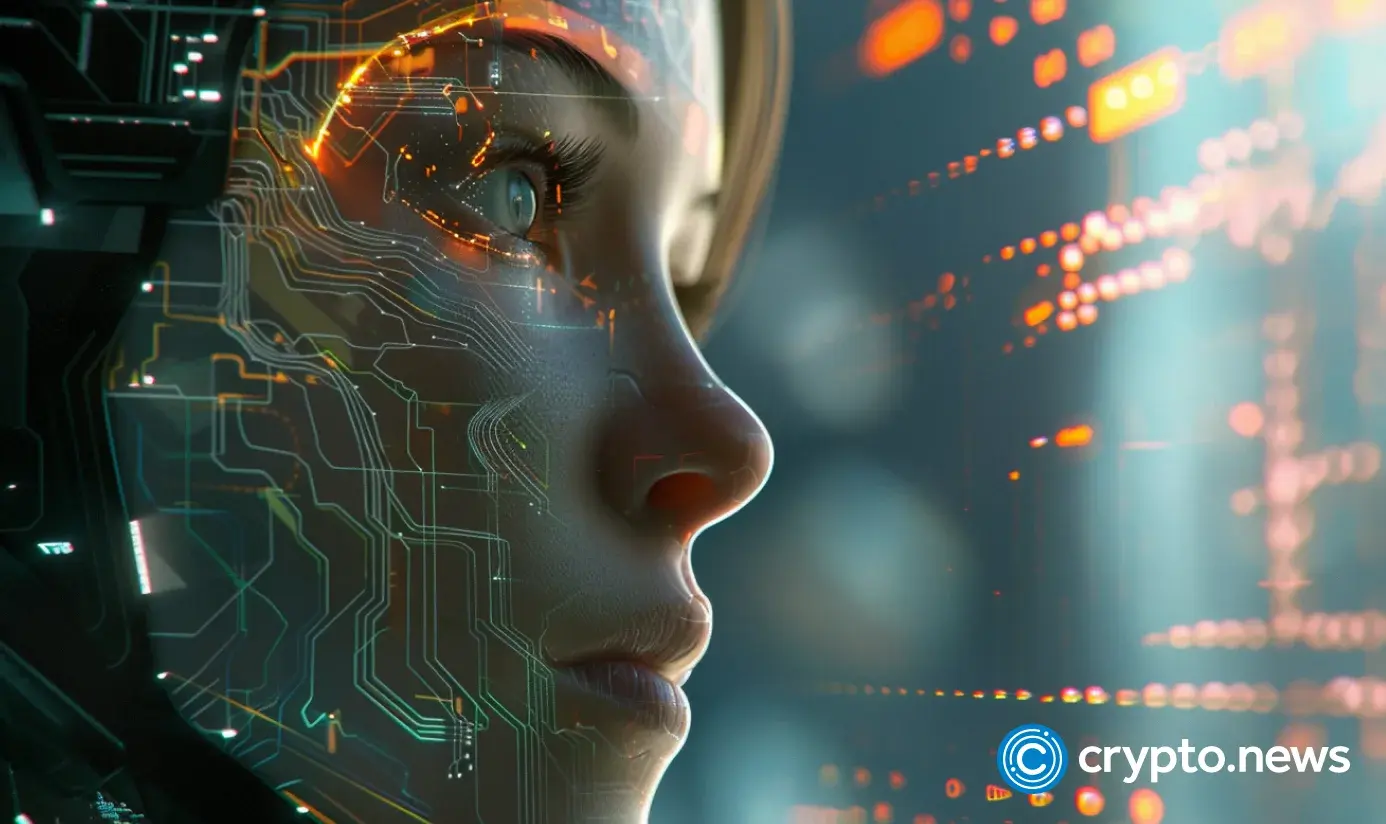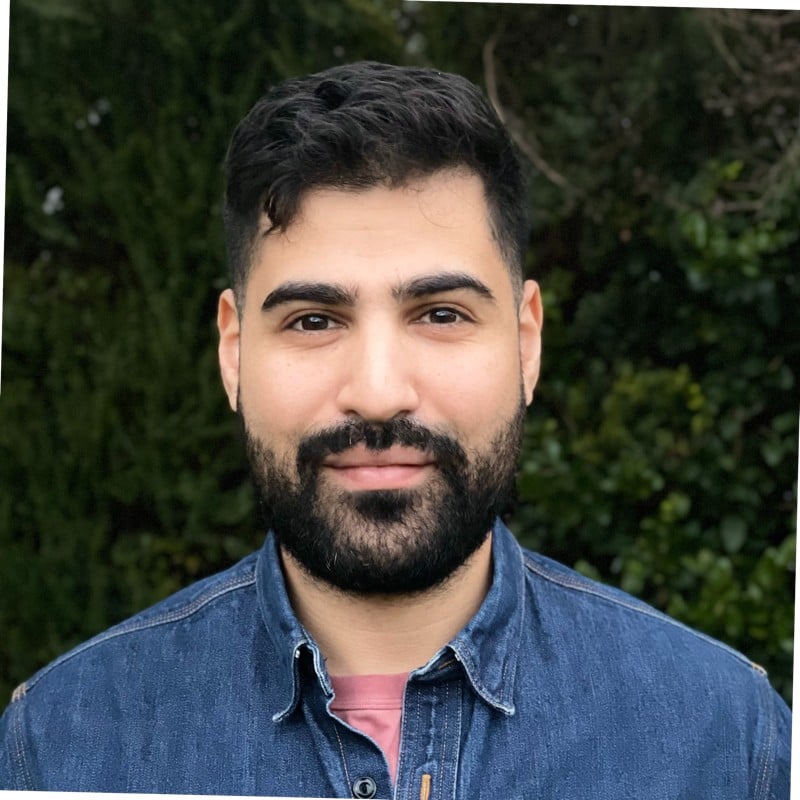Disclosure: The views and opinions expressed here are solely those of the author and do not represent the views and opinions of crypto.news editorial.
The speed at which artificial intelligence excels Systems poses a risk To verify data, identity and reputation, if left unchecked, may increase the spread of misinformation and slow the progress of scientific innovation. The march toward superintelligent AI is represented by its most enthusiastic leaders as a push toward a scientific golden age. However, this push increases the chances of an existential risk to our society reaching a technological tailspin, where widespread adoption of immature AI technology takes it to the extreme and, over time, degrades human creativity and innovation.
This is a paradoxical position for most accelerationists. AI is supposed to increase our ability to get work done faster and collect greater amounts of information. However, artificial intelligence cannot replace Inductive reasoning or experimental process. Today, anyone can use AI to synthesize a scientific hypothesis and use it as their input is born Scientific paper. Products like Aithor often appear reliable on the surface and may even pass peer review. This is a big problem because AI-generated texts are already formatted as legitimate scientific findings, and often include false fabricated data to support their claims. There is great incentive for young researchers to take advantage of any means available to them to compete for a limited number of academic jobs and funding opportunities. The current incentive system in academia rewards those who can publish the most papers, whether or not those papers describe legitimate results; they only need to pass peer review and get enough citations.
Academic content whose authorship is not verified will also pose an important issue for industries reliant We focus on basic science to support research and development, the same research and development that keeps our society functioning and the quality of life for a growing global population. As a result, well-funded R&D projects can only trust research they can carry out and replicate themselves, increasing the value of trade secrets and dealing a devastating blow to open science and the ability to access useful information.
Expensive replication efforts can take care of misinformation on their own, but the problem is much bigger than that. Today, we are in front of... Trust in the foundations of knowledge itself is eroded, as unverifiable claims and ambiguous attribution undermine scientific progress, posing a threat to the scientific community. There is an urgent need to create a truth-based economy to Authentication Content and data reliably.
AI systems are only as powerful as the data they are trained on
Large language models are excellent tools for creating compelling content; However, they are only as useful as the data they are trained on. Their ability to extrapolate is still beyond the scope of training remains limited. The role of science is not only to accumulate existing knowledge, but to create new information artifacts that increase the entropy of the collective body of knowledge accumulated by humanity. Over time, as more people use AI to create content and fewer people produce original content, we will experience “low-entropy inflation” that does not introduce new information to the world, but merely reassembles prior knowledge. Primary sources will be lost as new “knowledge” relies on self-referential content generated by AI unless we build a flexible source and verified attribution layer into the AI tools used in serious research.
This "lobulation" of the intellectual depth of the collective human body will have lasting effects on medical, economic, and academic research as well as the arts and creative endeavors. Unverified data can influence studies, skewing results and leading to important policy or technology failures that erode the authority of scientific research. The dangers of AI-generated “science” are manifold. The mundane process of ordinary science will booth About discussions of authorship, allegations of plagiarism, and poor peer review. We will need to devote more time and energy to dealing with the many consequences decrease Quality and accuracy of scientific research.
AI is a useful tool for sparking ideas, organizing ideas, and automating repetitive tasks; It should remain a complement to human-generated content and not a substitute for it. It should not be used to compose scientific papers proposing original results without doing the work, but rather as an aid to increasing the efficiency and accuracy of human-led efforts. For example, AI can be useful for running simulations on existing data using already known methods and automating this work to help discover new research directions. However, the experimental protocol and human creativity required for scientific research cannot be easily replaced.
Building an economy based on truth
The truth-based economy creates a framework that includes systems and standards to ensure the validity, integrity, transparency and traceability of information and data. It addresses the need to build trust and verifiability across the technological community, allowing individuals and organizations to rely on the accuracy of shared knowledge. The value is rooted in the validity of the claims and the validity of observations and primary sources. A truth-based economy will make digital literacy “hard” in the same way that Bitcoin made fiat currency hard. This is the promise Decentralized science a movement.
How do we get there? We have to start with the most important element in the scientific world, which is the individual researcher and his or her work. Today's current web standards for scientific identity fall short of validating claims about identity and proof of work. Current practice makes it very easy to create a profile with an acceptable reputation; Peer reviews are also vulnerable to bias and collusion. Without verification of the metadata accompanying a scientific claim, a truth-based economy of science cannot be created.
Improving academic identity standards can start with a simple cross-platform login supported by privacy-preserving identity verification technology. Users should be able to log into any site using their credentials, prove their authenticity, and selectively reveal facts about their reputation, data, agents, or other users.
The layer of identity rooted in the researcher's verifiable reputation is the fundamental foundation of DeSci. A fully on-chain scientific economy will allow public and anonymous participation in large-scale online coordination of research activities. Research labs and decentralized autonomous organizations can create permissionless systems and bounty programs that cannot be manipulated through fraudulent reputation or identity claims. A global scientific record secured on blockchain technology with identity claims would provide a frame of reference for independent organizations designed to collect verifiable scientific knowledge and test falsifiable hypotheses.
Protecting the future of human progress
We need to establish the foundations of truth through transparency of information and rigorous verification to avoid a collapse of trust in specialized areas of research. The chances of our collective progress continuing for hundreds of years to come, and unleashing successive scientific revolutions in materials science, biotechnology, neuroscience, and complexity science, will depend on organizing good research and sound data. This will be the difference between an advanced future society compared to pre-Enlightenment societies. Otherwise, we will have to expect that as intelligent as we are as a species, we will only become dumber. It's not clear whether or not DeSci will save us, but there is a limited time to get things right.
Source link

